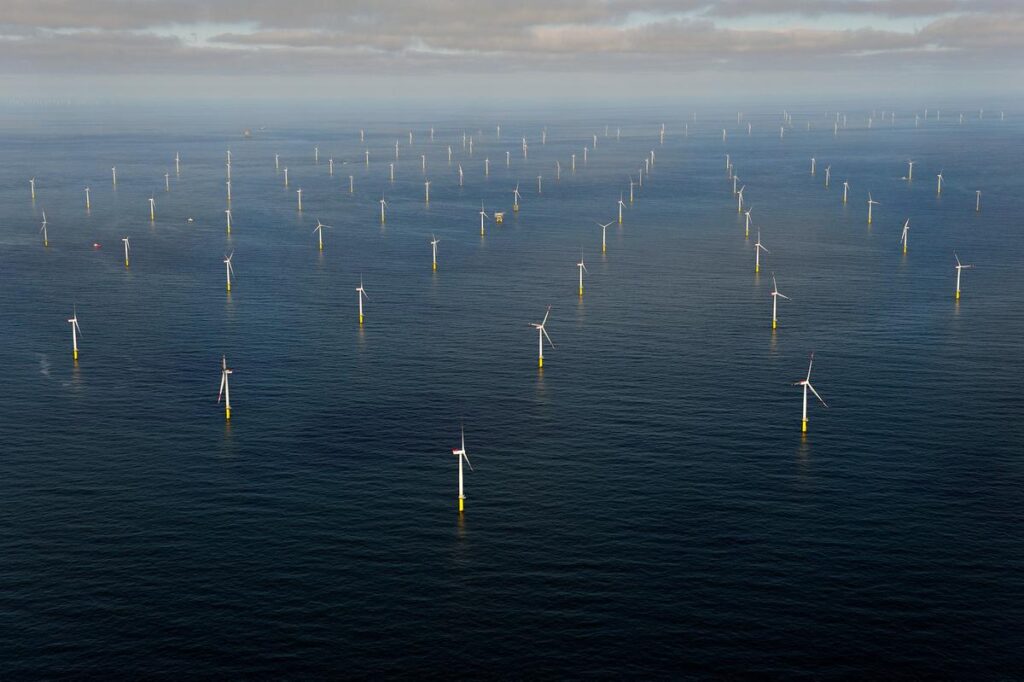The European Investment Bank (EIB) has launched a EUR 5 billion program to support the wind energy sector, starting with a EUR 500 million counter-guarantee to Deutsche Bank.
This transaction will allow Deutsche Bank to create a portfolio of up to EUR 1 billion in banking guarantees for new wind farm investments in the EU. It is expected to stimulate private investments worth up to EUR 8 billion.
In this initial phase, Deutsche Bank will leverage the EIB’s backing to offer banking guarantees to wind energy manufacturers. This will enable these manufacturers to receive advance payments and provide performance guarantees for new wind projects.
The guarantee scheme also facilitates manufacturers in paying their suppliers in advance for essential wind farm components, such as turbines, grid connection infrastructure, cables, and transformer stations.
“The acceleration and scale of the energy transition require significant investments as well as collateral and guarantee provisions. Our agreement with the EIB provides substantial additional guarantee volumes for wind manufacturers to secure and execute large-scale projects,” said Alexander von zur Muehlen, CEO of Asia Pacific, Europe, Middle East & Africa (EMEA), and Germany, and Member of the Management Board at Deutsche Bank.
This initiative, announced in December of last year, is part of the EUR Wind Power Package.
The European Investment Bank’s EUR 5 billion initiative could help develop 32 gigawatts (GW) of new wind capacity, supporting the EU’s goal of adding 117 GW of new wind power by 2030.
“Today’s announcement is warmly welcomed. It is a crucial step in delivering the EU Wind Power Package. There is rapidly growing demand for wind turbines that are ‘made in Europe.’ Improved access to finance and de-risking instruments are essential to ensure Europe’s wind turbine manufacturers can meet this demand and increase their manufacturing output in line with the EU’s 2030 targets,” said Phil Cole, Director of Industrial Affairs at WindEurope.
Original Story at www.offshorewind.biz
